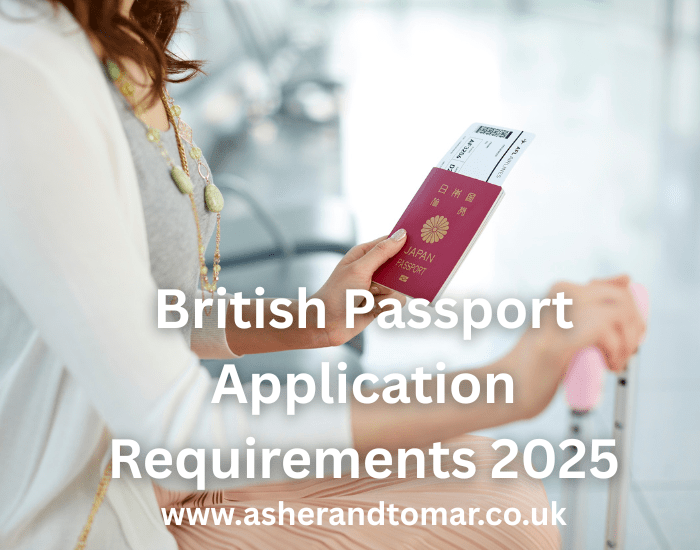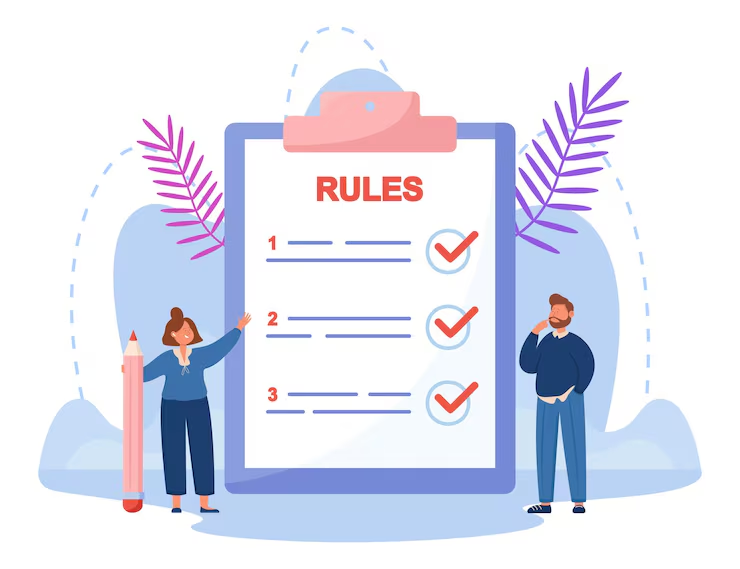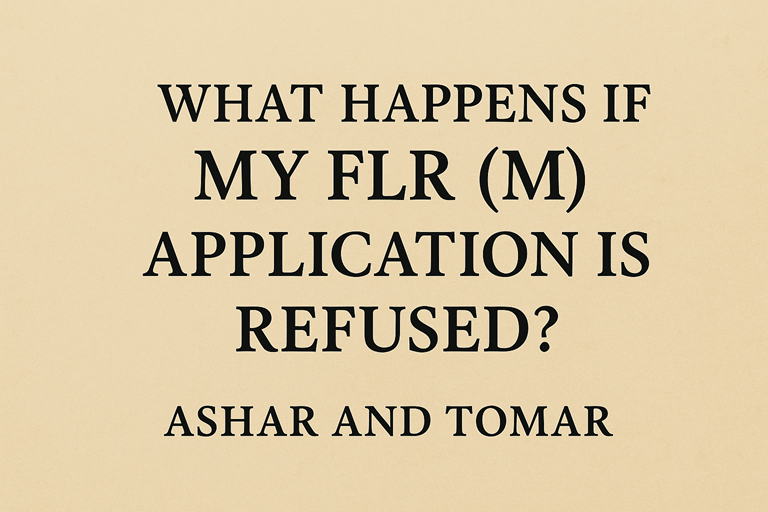Switching to Spouse Visa for an Overstayer: Everything You Need to Know If you are looking at switching to Spouse Visa for an overstayer, then you must read this article thoroughly. This is a complex immigration route, and it’s essential to understand how the Home Office views overstaying and the discretionary powers (Switching to Spouse Visa for an Overstayer) they may apply in certain cases. Switching from any visa to a spouse visa within the UK is typically straightforward—if you have valid leave to remain. However, for those who have overstayed, the situation is far more complicated. Overstaying places the applicant in breach of UK immigration laws, which can significantly impact their ability to regularise their status from within the UK. Understanding Overstaying and Its Legal Implications What Is an Overstayer? An overstayer is someone who remains in the UK after their visa or leave to remain has expired. From the point of expiry, the individual is considered to be in the UK without lawful status, and this can result in removal directions, bans on re-entry, or refusal of future applications. When someone in this position attempts Switching to Spouse Visa for an Overstayer, the key question is whether their application will be accepted within the UK or if they must return to their country of origin to apply for entry clearance as a spouse. Why Spouse Visa Switching Is Not Simple for Overstayers It is evident that it is not simple to switch to a spouse visa for an overstayer because the applicant is already in breach of UK immigration conditions. Despite being legally married and meeting all other requirements—such as the income threshold and English language proficiency—the breach itself becomes a major barrier. Home Office Approach: Strict Yet Discretionary Typical Home Office Response to Overstayers The Home Office often takes a firm stance when it comes to overstayers. In the majority of cases, applications made from within the UK by overstayers are refused, and applicants are instructed to leave the country and apply from abroad under entry clearance rules. This approach reinforces the importance of compliance with immigration laws and deters future breaches. However, the Home Office does possess the discretionary power to grant leave to remain in certain compelling or exceptional circumstances. When Can the Home Office Exercise Discretion? Although switching to a spouse visa while overstaying is generally not allowed, there are notable exceptions where the Home Office may consider granting leave to remain from within the UK: 1. Medical Grounds of the British or Settled Partner If the applicant’s spouse is a British citizen or settled person who is undergoing serious medical treatment and there is no one else to care for them, the Home Office may apply discretion. Humanitarian factors such as this are often given serious consideration. 2. Previous Asylum Claim and Risk of Persecution If the applicant has previously claimed asylum and has a well-founded fear of persecution in their country of origin, forcing them to return to apply from abroad could breach the UK’s international obligations under the Refugee Convention or human rights laws. 3. Length of Residence and Ties to the UK The Home Office may also take into account the length of time spent in the UK, particularly if it spans many years and the applicant has formed a private and family life. Article 8 of the European Convention on Human Rights (Right to Family and Private Life) may be invoked in such cases. Key Requirements Still Apply Even when applying under exceptional circumstances, Switching to Spouse Visa for an Overstayer still requires that the applicant: Meeting these requirements strengthens any application, especially when appealing to the Home Office’s discretion. Frequently Asked Questions About Switching to Spouse Visa for an Overstayer Can an overstayer switch to a spouse visa within the UK? Generally, no. An overstayer is expected to leave the UK and apply for entry clearance from their country of origin. However, there are exceptions where the Home Office may grant leave from within the UK under compassionate or human rights grounds. Will overstaying affect my chances of getting a spouse visa? Yes, overstaying can negatively affect your chances, as it breaches immigration rules. However, if exceptional circumstances exist, the Home Office may still grant a spouse visa within the UK. Is there a risk of deportation if I apply while overstaying? There is a risk of enforcement action if you have no lawful status. However, if you make a valid application based on your relationship and rights under Article 8, the Home Office may place enforcement on hold until a decision is made. What should I do before applying? You should seek legal advice from a qualified immigration solicitor to assess the strength of your case, gather supporting documents, and present your application in the most compelling way possible. Can I appeal a refusal? Yes, if your application is refused, especially on human rights grounds, you may have the right to appeal the decision or submit a fresh application based on new evidence or changes in circumstances. Final Thoughts Switching to Spouse Visa for an Overstayer is not a straightforward process. It carries risks and complications due to the breach of immigration rules. However, it is not entirely impossible, especially in cases involving humanitarian concerns, long-term UK residence, or strong human rights arguments. If you find yourself in this situation, it is crucial to approach the matter with full knowledge, preparation, and legal support to improve your chances of success. Switching to Spouse Visa for an Overstayer can be complex, but with the right legal support, success is possible. Choose Asher and Tomar Solicitors if you are looking for Switching to Spouse Visa for an overstayer. Our expert immigration solicitors in London have successfully handled numerous applications for switching to spouse visa for an overstayer. We always act in the best interest of our clients, offering honest, professional advice tailored to your situation. Our firm is fully regulated by the Solicitors Regulation Authority, ensuring you receive … Read more








